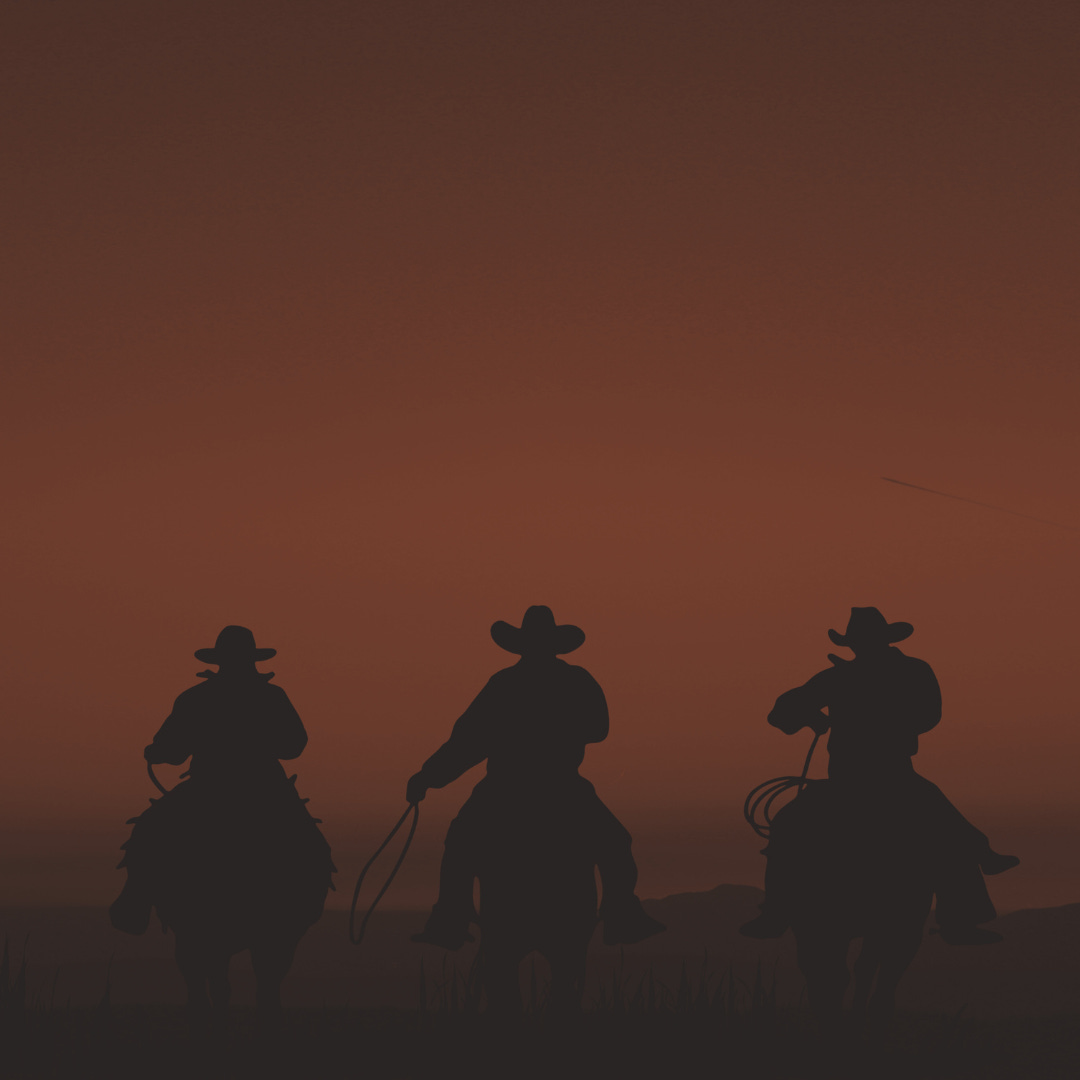Westworld, S02E05: Backstory and Metaphor
Voice, backstory, and metaphor converge in this analysis.
Note: spoilers for Westworld through S02E05 follow.
In season two, episode five of HBO's Westworld ("Akane no Mai"), there's a remarkable scene between Dolores and Teddy that uses backstory to enrich character, the show's themes, and the narrative itself.
Since the inclusion and development of backstory often proves difficult for writers of all backgrounds, I thought I'd examine what makes this scene work so well before taking a look at how we can make this scene's mechanics—and mechanics similar to them—work for us in our own writing.
But first, some background.
Background
Note: if you're already familiar with Westworld, you can skip ahead to "Analysis."
Not a watcher of Westworld? Still want in on this analysis? Here's a brief primer for you.
The Premise
Westworld is, quite simply, a show about a park where the wealthy can spend a day (or a lifetime, if they can afford it) wandering an American-west-themed land full of shootouts, bank robberies, and related debauchery. The employees in the park itself are essentially robots—known as "hosts"—that are by and large indistinguishable from the human visitors.
Hosts are programmed to have a full backstory and operate on a set number of narratives with limited room for improvisation in order to make them feel all the more real.
The trouble is that a number of hosts have become self-aware, and are now actively leading a revolt against the human visitors trapped in the park.
Why aren't you watching this show, again?
The Players
Dolores - a host and folksy farm-girl-turned-rogue. She figures among the park's more "woke" hosts.
Teddy - a cowboy with a heart of gold(?) and a complicated past. He's wising up to the true nature of his reality, but doesn't seem to fully get it yet.
Dolores and Teddy share a past in a way—the narratives they were programmed with originally had the two of them encounter one another every day, reminisce about a romantic past that never truly was, and speculate about a future that never could be. Then it would happen all over again the next day, ad infinitum.
Well, until Dolores became self-aware or something like it.
Analysis
The scene in question begins 31 minutes into the episode, at least if we go by the timestamp on HBO Now. In it, Dolores and Teddy stand in a field, one they always used to visit in the days before they started to understand their existences as hosts.
Here's a condensed, dialogue-based version of the scene that we'll use as the starting point for our analysis. Below, "D" will stand for Dolores, and "T," well, for Teddy.
D: I ever tell you about the year we almost lost the herd? Blue tongue. Quarantined the cows that had it, but it kept spreading all the same.
Daddy finally figured out that it wasn't spreading from cow to cow; it was the flies that carried it. He worried over it all night. How do you stop a sickness like that? One with wings?
Say it was you. What would you do, Teddy?
T: I'd give 'em shelter. House the weakest in a barn out of the air away from the flies until it passed.
D: You're a kind man.
[Dolores brushes a hand against Teddy's cheek]
Daddy burned 'em: the weak, the infected. Made a pyre that went on for days and it stank but flies hate smoke. The herd lived.
I'll think about what you said.
Well that is... dark. But what does it tell us about Dolores' backstory, and what does this conversation reveal about her character and that of Teddy? And why are they talking about this in the first place?
Keep reading with a 7-day free trial
Subscribe to R: On Everything to keep reading this post and get 7 days of free access to the full post archives.





